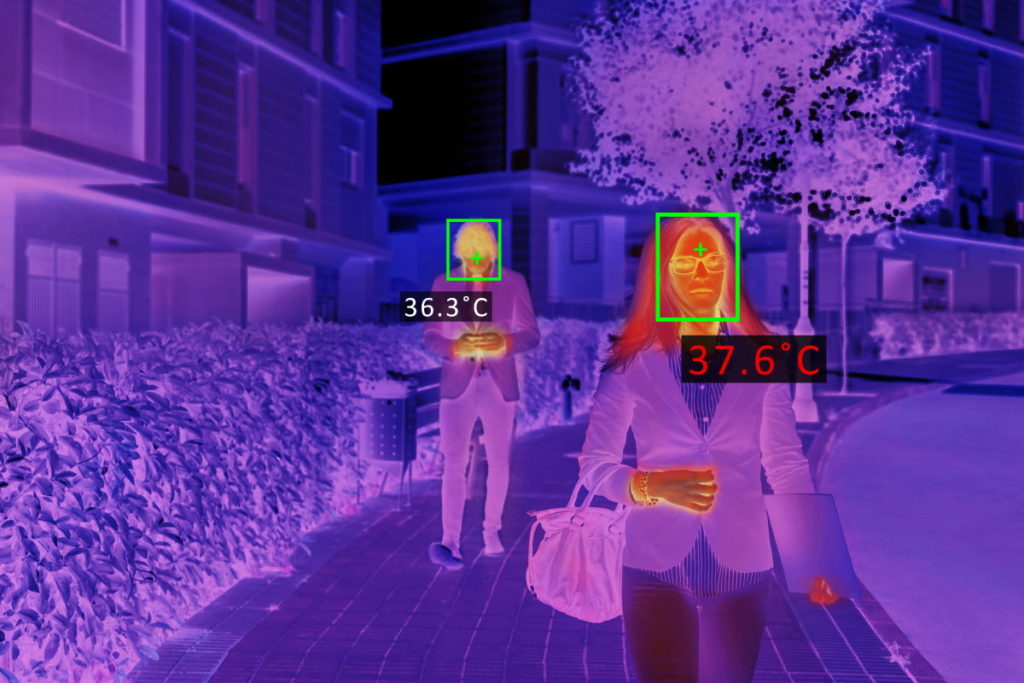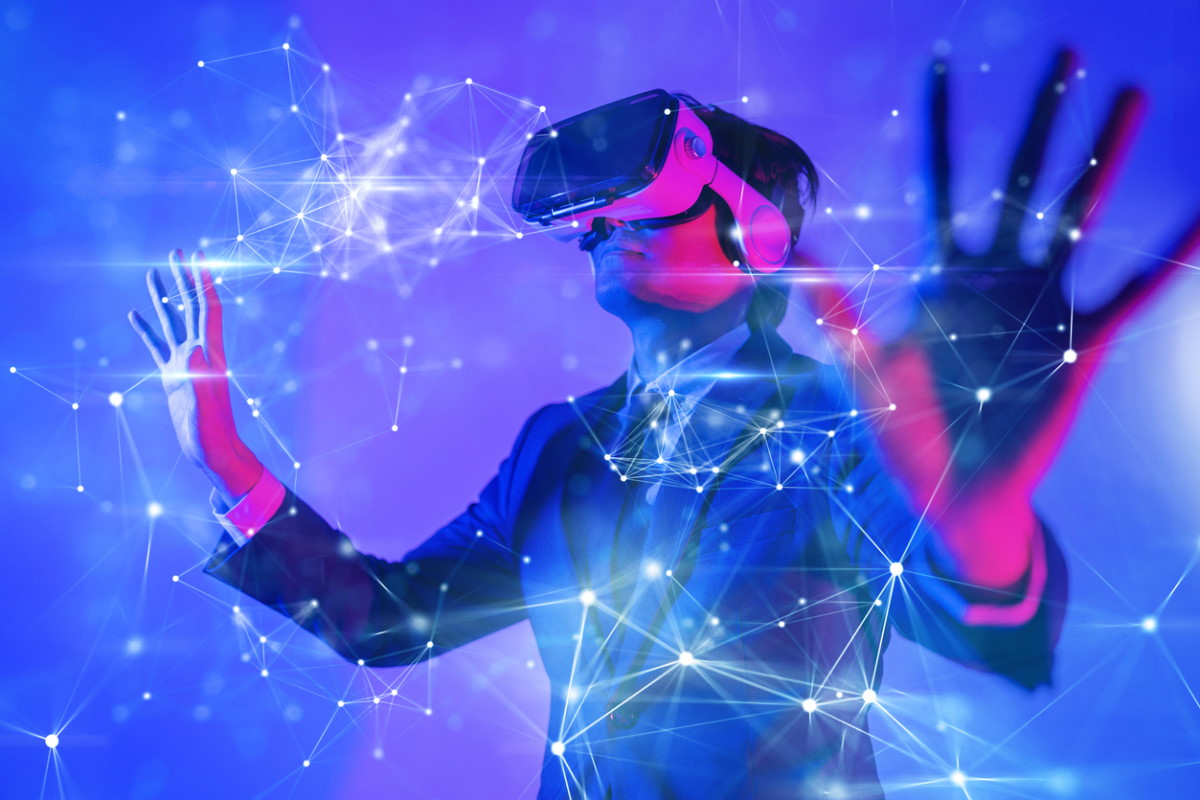Adrian Li Mow Ching explains how thermal scanning will become a vital tool for businesses wanting to return to normality during the pandemic.
The ‘new normal’ for businesses is a work in progress as the UK economy is picking up momentum following the summer pandemic. It is now more important than ever for businesses to adapt and plan for an unprecedented and uncertain future.
Not only do they need to prioritise keeping the workplace safe and protecting employees from the virus, but they also need to make up for some of the economic and social disruption caused over the last few months.
Technology has become a lifeline for many businesses and industries, replacing all in-person events and communications with virtual ones. Using our smartphones and laptops to access online meetings such as Zoom and Google Hangouts have been vital to keeping everyone connected as we attempt to continue with business as ‘normal’.
Despite government guidelines still encouraging people to stay and work from home where they can, the easing of lockdown now calls for businesses to reconsider the way they have been working and also to reassess the best way to return to work safely.
With a fever being the most common symptoms of the ‘flu and of course Covid-19, screening people for elevated temperatures before they enter a building or public space will be extremely important for businesses as we approach the winter and ‘flu season. Advanced technology now facilitates our ability to track and trace those with the virus, and ease the return to work by identifying infection at source and stopping those with a fever from entering the building.
As well as identifying fever symptoms, such solutions can significantly boost employees’ confidence upon returning to work and provide reassurance that effective and highly accurate measures are in place to protect everyone.
Smart temperature screening and facial recognition solutions such as the F(x)tec Thermo1 is an ideal solution for small and medium-sized businesses. These can be placed at the entrance of a building or reception area to automatically record a person’s temperature when stood in front of the device, even whilst wearing a protective mask.
The internal software. which is supported by advanced thermal imaging technology and temperature calculation algorithms, takes fast and highly accurate readings (+ or – 0.3 degrees C). It can also be used to monitor and record employee attendance.
This contactless approach eliminates the need for unnecessary human interaction, and reduces the spread of infectious viruses within enclosed spaces. Monitoring and attendance reporting from the back end of these device allows business owners to monitor staff temperatures if necessary.
Such solutions are already in use within commercial offices, warehouses, gyms, as well as across retail, hospitality and healthcare facilities to help boost employee confidence and reassure customers that the best safeguarding measures are in place.
According to The World Health Organisation (WHO) “Thermal scanners are effective in detecting people who have developed a fever (i.e. have a higher than normal body temperature) because of infection with the new coronavirus”. Thus temperature screening solutions can help to mitigate some of the immediate dangers and uncertainty surrounding the easing of lockdown.
Whilst temperature screening devices are not the ultimate solution to Covid-19, they will undoubtedly become part of societies ‘new normal’ as a highly accurate and reliable solution which will help businesses return to work, whilst keeping workplaces and their employees motivated and safe.

Adrian Li Mow Ching has spent over 20 years in the Technology and Telecoms sector consulting on large scale delivery programmes for UK mobile operators and at present is director and co-founder of F(x)tec, a London based smartphone firm creating functional technology enabling users to do with their devices. He has a Masters degree in Telecommunications from University College London.
Main image courtesy of iStockPhoto.com




